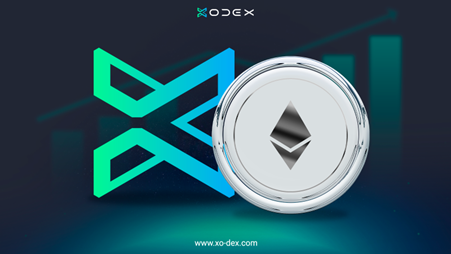
Paying gas fees is a crucial component of exchanging crypto and mining digital assets yet remains a significant cost barrier for transactions. A prime example is the major cryptocurrency Ethereum, whose network incurs inherently high gas fees due to its high volume of transactions and token evaluation.
The term gas is used to define the amount of Ether (ETH) needed to perform a specific transaction allowing users to interact with the network. These fees are used to compensate miners for the energy required to verify a transaction. The gas price is highly volatile and dependent on a multitude of factors.
The primary factor that represents gas fee price fluctuation is transaction congestion. As stated by Coin Market Cap, “There is so much movement on the Ethereum chain that the blocks are full, and transaction fees shoot up with each rise in demand.” According to specialists, the transaction volume can raise the gas fee from $5 to 50$ in seconds.
Also, another critical driven force is the token market price. Ethereum investments have risen significantly since its inception in 2015. Within an astonishing period, its value grew from around US$0.31 to around US$4,800 (ATH) in November 2021. With the imminent release of ETH 2.0, which will replace the Proof Of Work model with the Proof Of Stake mechanism, Ethereum may have a prosperous future, but investors are still skeptical about further investing in Ethereum after the recent crash.
The rise in gas fees has made it one of the most expensive blockchains to trade on, and Ethereum-based projects are experiencing a decrease in transaction volume because of the expenses.
This situation represents a considerable opportunity for decentralized exchanges, which are focusing their mission on breaking down these cost barriers and on optimizing transaction speed. Providing ecosystems that foster the growth and prosperity of new incumbent projects.
Xodex, with its features, is decentralizing and eliminating cumbersome, slow, and restrictive means, CEX, banks, and exchanging old rules. The platform is committed to finding balance, innovation, and equity building.
Its upcoming main net blockchain launch aims to offer high transaction throughput, reporting remarkable transactions per second (TPS) speed of up to 100k, 50x faster than Ethereum, and zero fees. Its Proof of Authority (POA) consensus will combine decentralization with streamlined, scalable, and environment-friendly transaction processing.
According to its whitepaper, the Xodex wants to “solve the problems that exist in the current blockchain-based projects” through its anonymous ecosystem. One of its solutions is providing decentralized and P2P services with no middlemen, providing more security for users and direct access to funds.
Within the world of cryptocurrency and DeFi, gas fees and scalability have become a significant cause of concern. Newcomers to the space like Xodex provide revolutionary new alternatives to these pressing issues.

